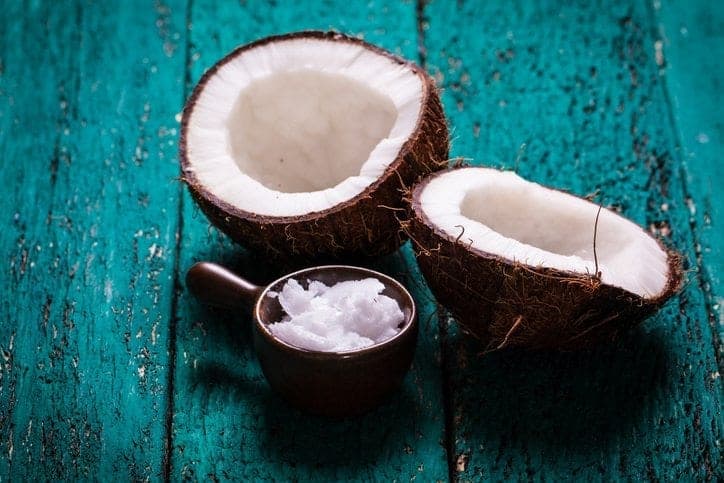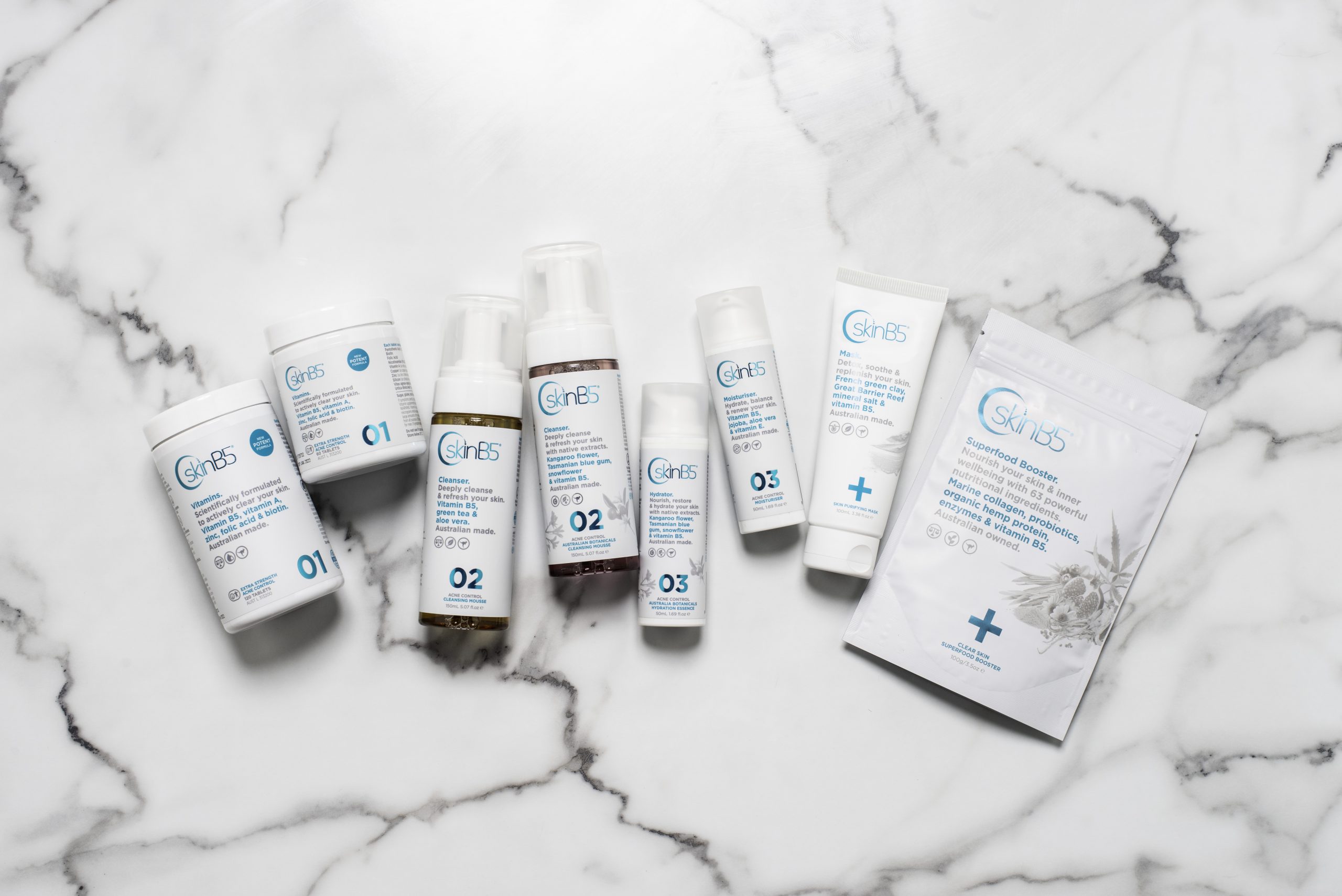When it comes to the oils in your kitchen, which do you rely on? The debate is hot right now on whether coconut oil is healthier than olive oil, or visa versa. We’re going to take a look at the pros and cons of each to decide which is more beneficial.
A Glance At Coconut and Olive Oil
Coconut oil is touted as one of the healthiest superfoods for cooking, baking, smoothie making, and creating raw desserts. Virgin coconut oil (which is unrefined) is extracted from the meat of fresh coconuts via expeller or cold-pressed techniques. This oil also has a high smoke factor, which means it will hold onto its nutrients for longer during heating.
Virgin olive oil is, as its name suggests, extracted from olives. It is perfect for frying, cooking, baking, and as a feature in many delicious salad dressings. When it is cold pressed, it is characterised by a fresh taste. Olive oil also has a slightly higher smoke point than coconut oil.
The Debate In A (Coco)Nutshell
If both oils sound good at a glance, why is there such a debate as to which is healthier in the long term? Well, one of the biggest areas of contention between the two oils is that coconut oil contains more saturated fat than olive oil and raises our LDL (low-density lipoprotein) cholesterol levels. According to Dr. Jared Bunch, when comparing the two, olive oil contains 5 to 10 times the amount of good fat (that is, polyunsaturated and monounsaturated fat) than coconut oil. Olive oil is also said to contain less saturated fat, which reduces the chance of LDL cholesterol levels rising. Specifically, olive oil contains 1 gm of saturated fat in a tablespoon, whereas coconut oil contains 13 gm. This issue has circulated both the media and health forums for years, as saturated fat is argued to increase our chances of developing heart disease.
However, before you cross coconut oil off your shopping list forever, it is important to note that while higher in saturated fats, it is still argued to contain important health benefits for our bodies – hearts included. According to clinical nutritionist and author Dr. Josh Axe, coconut oil increases our “good” HDL (high-density lipoprotein) cholesterol, which ultimately lowers blood pressure, decreases coronary heart disease, and helps us lose weight. Confused yet? Let’s take a closer look.
Not all saturated fats are the same. They are typically broken down into 3 categories: short-chain fatty acids (fewer than 6 carbons); medium-chain fatty acids (6-12 carbons); or long-chain fatty acids (13-21 carbons). In coconut oil, it is said that lauric acid accounts for half of the fatty acids in coconut oil (a carbon total of 12, therefore a medium-chain fatty acid). Due to the shorter chain length of lauric acid, it can be easily broken down and absorbed in the body, creating an instant energy resource known as ketones. Dr. Mary Newport believes these ketones might actually help with devastating conditions like Alzheimer’s. Furthermore, it is believed that lauric acid is greatly responsible for raising those HDL cholesterol levels in our bodies.
The General Opinion On Olive Oil
While there are heated debates firing over coconut oil, olive oil seems to go mostly unscathed. As mentioned earlier, extra virgin olive oil is lower in saturated fats, and around 55% to 83% of olive oil is comprised of oleic acid, an omega-9 fatty acid classified as a monounsaturated fat. Oleic acid is said to reduce inflammation, reduce blood pressure, increase fat burning, and protect cells against free radical damage. Olive oil also contains large amounts of antioxidants like polyphenols.
So Which One?
With so many conflicting opinions and research, it can be hard to give a complete black and white answer on whether you should only ever use coconut oil or olive oil. Given the continual debate, it seems, at least for now, best to use coconut oil sparingly. Does that mean you should use olive oil by the cupful? I wouldn’t say so. When you practice a balanced diet low in refined sugars, you’re giving your body the best chance at being healthy now and down the road as well. In the meantime, be sure to keep an eye out for new studies and be prepared to question and fact-check everything. Your health is worth it.








Leave A Comment